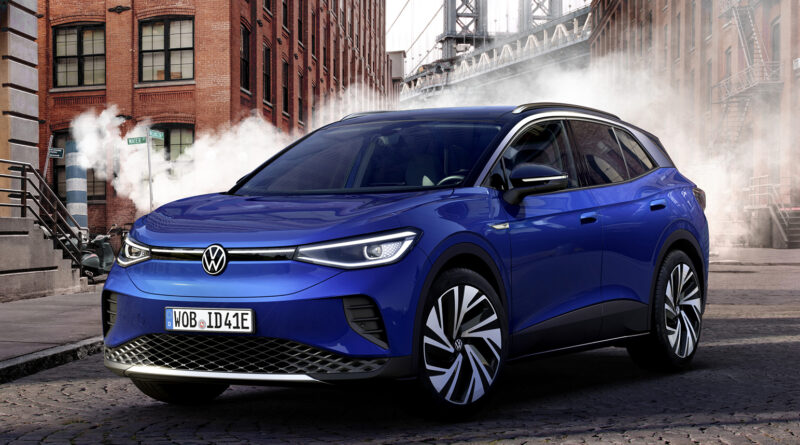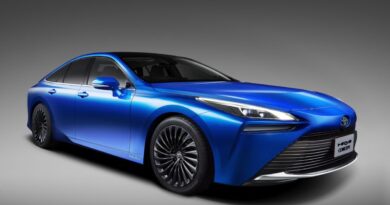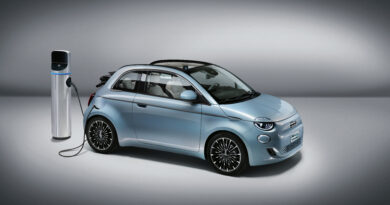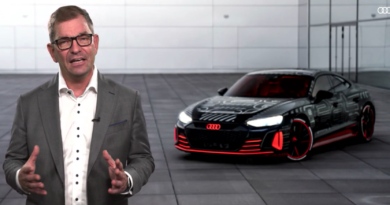Prediction: Pandemic could grow EV sales
The global coronavirus pandemic should accelerate the adoption of plug-in electric vehicles.
That’s the view of Volkswagen’s top strategic thinker for the US market, who argues the ability to recharge EVs at home will appeal to many people keen to avoid potentially contaminated sites such as petrol stations.
“Everybody has a heightened awareness for what kind of environment you expose yourself to, and a gas station is certainly not an environment that you can control,” Reinhard Fischer, senior vice president of strategy for Volkswagen Group of America, told Automotive News.
“The sanctuary of having a car that you can charge at your home, and basically every morning leave the garage with the full range available to you, I think is a huge benefit coming out of living in the crisis.”
Fischer didn’t put numbers around his forecast but he said the recent pandemic experience would increase EV adoption along with other factors.
More than 300,000 people have now died in the USA due to the highly infectious COVID-19 virus.
“We’re preparing for an accelerated adoption curve in the United States, based on what we are seeing recently,” Fischer said.
“When you look at the number of models that have been announced that are coming to market, when you look at the number of charging stations and infrastructure, you look at the federal support, you look at the state support in the form of tax rebates — it’s coming.”
Fischer also forecast the move away from privately owned transport to shared mobility would be hit in the post-pandemic period.
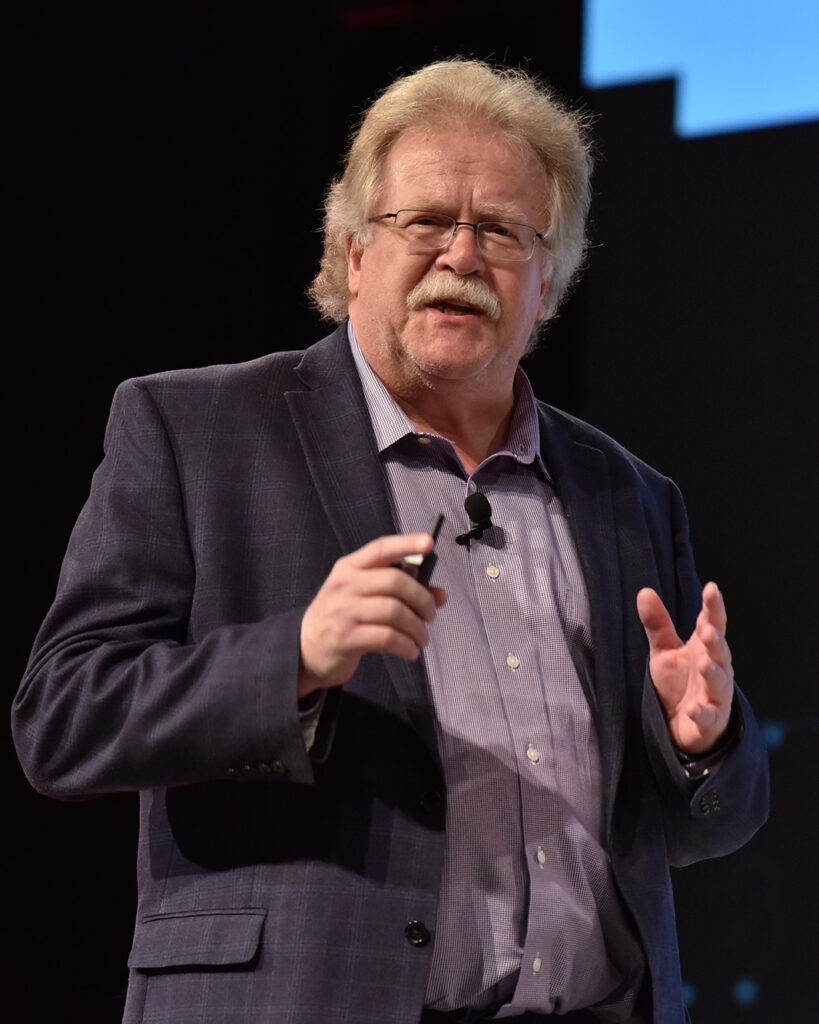
“I think the whole idea of our shared economy is going to struggle, and it’s going to change fundamentally,” he said. “I think the current crisis has taught us to be careful — what we touch, in which environment we are.”
The Volkswagen ID4 has just gone on-sale in the USA and it will soon be built there. Globally, the five-door wagon is the second dedicated battery electric vehicle model from VW based on its new MEB architecture following on from the ID3 hatchback.
The brand has revealed dramatic model expansion plans for BEVs.
In Australia, however, Volkswagen is delaying its BEV roll-out because there is no CO2 or fuel consumption reduction pathway mandated by federal government. BEVs are being diverted to other markets where they are required.
Fischer acknowledged the switch to BEVs motivated by charging helped people less who lived in apartments or had to park on the street, but he predicted the situation would improve.
“There are some experiments going on where light posts are being converted into charging stations,” he said.
“Even some cities are experimenting with parking meters and converting them into charging stations.
“But there are alternatives: Workplaces are installing charging stations, and so are retail shops.
“But these are issues with this generation. In the next generation, when we have overcome the hurdles of wireless charging and make that more efficient, you will be able to just park your car somewhere, and it will charge from under the ground.
“When cars first arrived, there were no dedicated gas stations. You had to buy your gasoline from pharmacists. And now there’s a dedicated gas station on every corner. In a couple of years, every corner is going to have a charging opportunity.”

